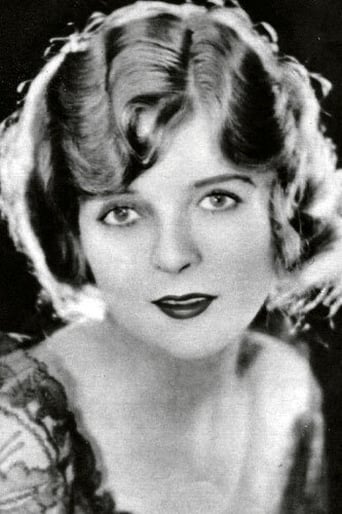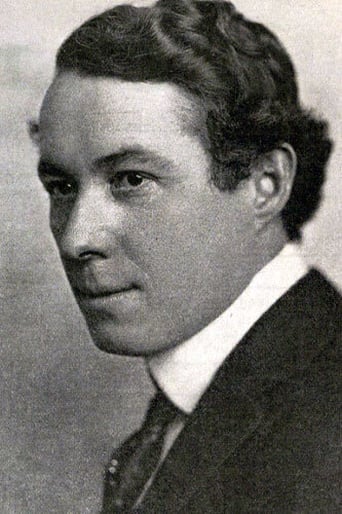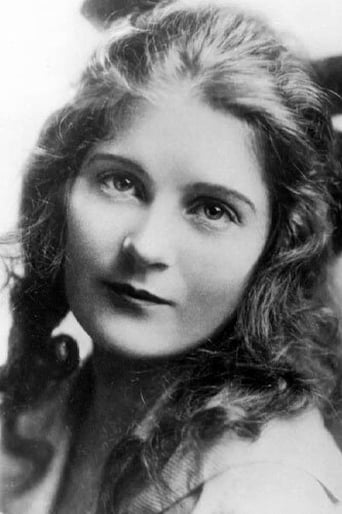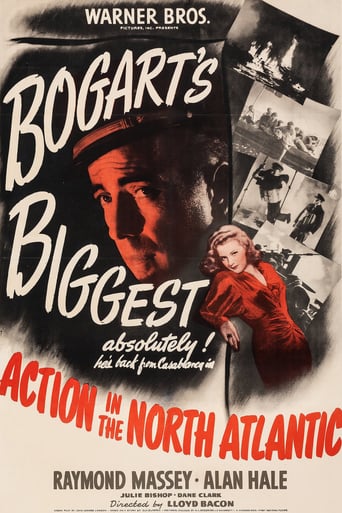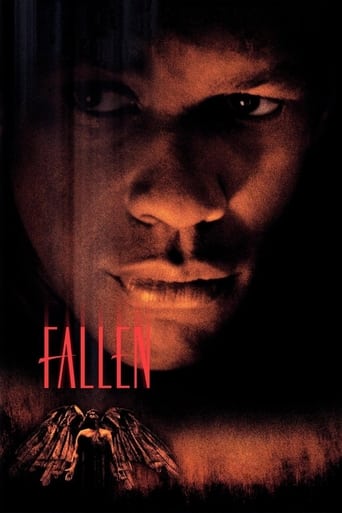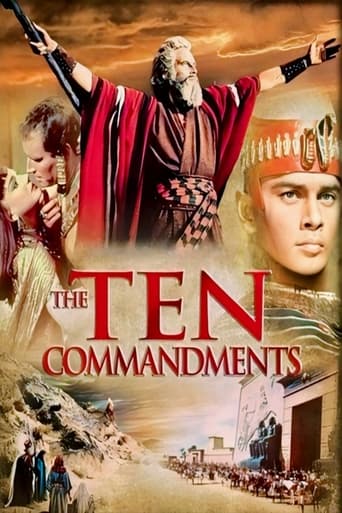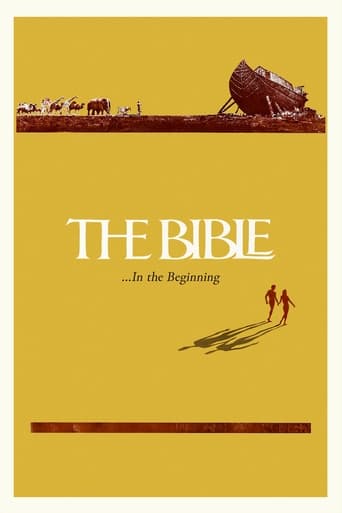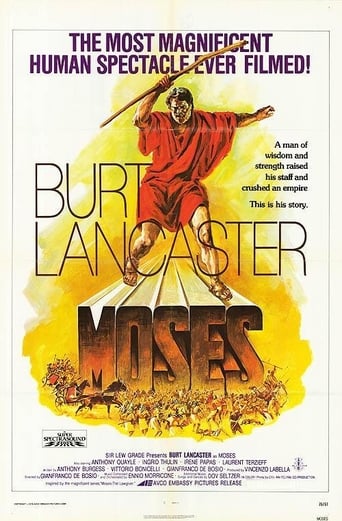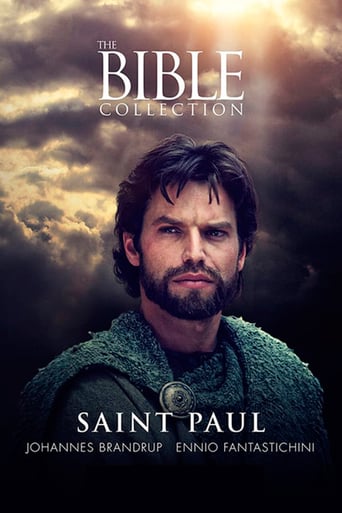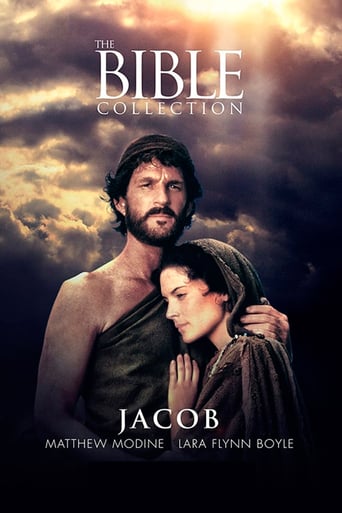
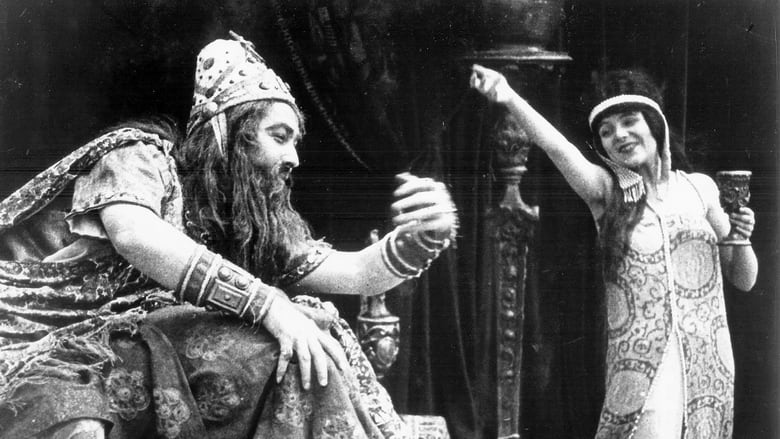
Judith of Bethulia (1914)
Griffith adapts the story of the Apocryphal Book of Judith to the screen. During the siege of the Jewish city of Bethulia by the Assyrian tyrant Holofernes, a widow named Judith forms a plan to stop the war as her people suffer in starvation, nearly ready to surrender.
Watch Trailer
Cast


Similar titles
Reviews
God knows Judith of Bethulia (1914) makes for easier viewing than what is usually regarded as D.W. Griffith's first feature, The Birth of a Nation (1915). On its own merits, this is a decent little film with a good performance from Blanche Sweet in the titular role.The original biblical tale is expanded upon, most notably by adding a subplot with two lovers separated when one is made a captive of the enemy and by having Judith fall in love with Holofernes, the man she is sent to seduce and assassinate. These are good additions, I think, especially the latter. It helps give more depth to the tale and the titular heroine herself.Birth is more ambitious and experimental, but I much prefer Judith. It seems more assured of itself (most likely due to having less scale and running time) and I adore Blanche Sweet, who never achieved the level of stardom she deserved. Plus it's not, you know, horribly racist.
Since it is Easter time, Herr Graf's curiosity about strange Christians' pious habits led to a decision to watch a film inspired lightly by or based on religious scenes ( although aristocrats don't share any Christian feelings about their fellow men at this time or any other time of the year ). For this reason "Judith Of Bethulia" was chosen, a film located in Bethulia, a village near Jerusalem, so it was perfect penance for this German aristocrat. "Judith Of Bethulia" was the last film directed by Herr D.W. Griffith for "Biograph Studios" because the American director had a strange idea about how many reels were necessary to depict a story, an opinion about film running time that the company didn't share ( afterwards Herr Griffith would take revenge and put his theory in practice in his well-known and longer silent films ). The film is the story of Damen Judith, a widower who, in order to save her city from the Assyrian invaders and the thirst and famine that her countrymen suffer in the besieged city, sacrifices her virtue to Herr Holofernes, the invading leader."Judith Of Bethulia" is a film in which the techniques are recognizable which made the American director famous in the silent world, even though this film exposes them in a subtle way: not forgetting the pace, the perfectly entwined shots and situations, the strong male characters that Herr Griffith was so fond of, and the fragile and self-sacrificing little fräuleins so characteristic of his cinema. This film is not remarkable but perfect ( clean, even antiseptic ) in its technical, formal and performing aspects.And now, if you'll allow me, I must temporarily take my leave because this German Count must sacrifice himself to one of his devoted fat German heiresses.Herr Graf Ferdinand Von Galitzien http://ferdinandvongalitzien.blogspot.com/
With a good cast, an interesting story, and settings that are generally convincing, "Judith of Bethulia" is a worthwhile and enjoyable dramatization of the semi-historical story of Judith (from the Old Testament Apocrypha). It fits together pretty well, and tells the story with a good amount of action and some depth as well. It is also of historical interest, as an example of what movies were like in the era when full-length pictures were just about to become common.Blanche Sweet stars as the heroine Judith, a popular and prominent resident of the town of Bethulia, near ancient Jerusalem. When the town is attacked and besieged by the Assyrians, Judith becomes her town's best hope, so she must be courageous and must also work through some dilemmas. Sweet does a very good job of letting us see what her character is thinking and feeling. The rest of the cast includes several names well-known to fans of silent films (some in smaller roles), and they help out as well.Although this was one of the earliest feature-length films, most of the story-telling techniques work all right, and it shows only a few real signs of age (mostly in the more lavish or large-scale sets and scenes). While it's probably too 'old-fashioned' to appeal to most of today's movie-goers, it's a good movie that is worthwhile both for its content and its historical interest.
D.W. Griffith fuses Thomas Bailey Aldrich's long poem of Judith's story with its basis in the Apocrypha to derive this somewhat austere and powerful film of the widow's noble sacrifice to save her besieged city and its inhabitants from an invading Assyrian army, led by Holofernes. With JUDITH as Griffith's first feature length effort, he turns away from the commercial needs of the Biograph Company, the management of which desires to maintain its policy of making only one and two reelers, and his expenditure of $36000 is double the amount budgeted, reflecting his expanded use of sets and extras and providing the requisite exercise in preparation for his next major work: BIRTH OF A NATION, made as a free agent. Eighteen year old Blanche Sweet's performance is striking as she utilizes all of her wide range of expressivity, uncommon in one so young, to mirror the emotions of a woman who is physically attracted to a man, Henry Walthall as Holofernes, toward whom her only possible final act will be his death by her hand, as depicted in many a well-known painting. The supporting cast serves the sparsely titled production well, with emotional performances from Mae Marsh and Robert Harron as endangered lovers, and among the many bit players who animate the work may be seen Lionel Barrymore, Harry Carey, Antonio Moreno and Lillian and Dorothy Gish as victims of the invaders. This version is the four reeler rather than the one of six reels released later and is Griffith's answer to the full-length epics which were being imported from Europe; its release was delayed a year by Biograph to ensure that the director had left its employ, but this brought scant gain to the company: Biograph was soon defunct, while Griffith's star was rising.


